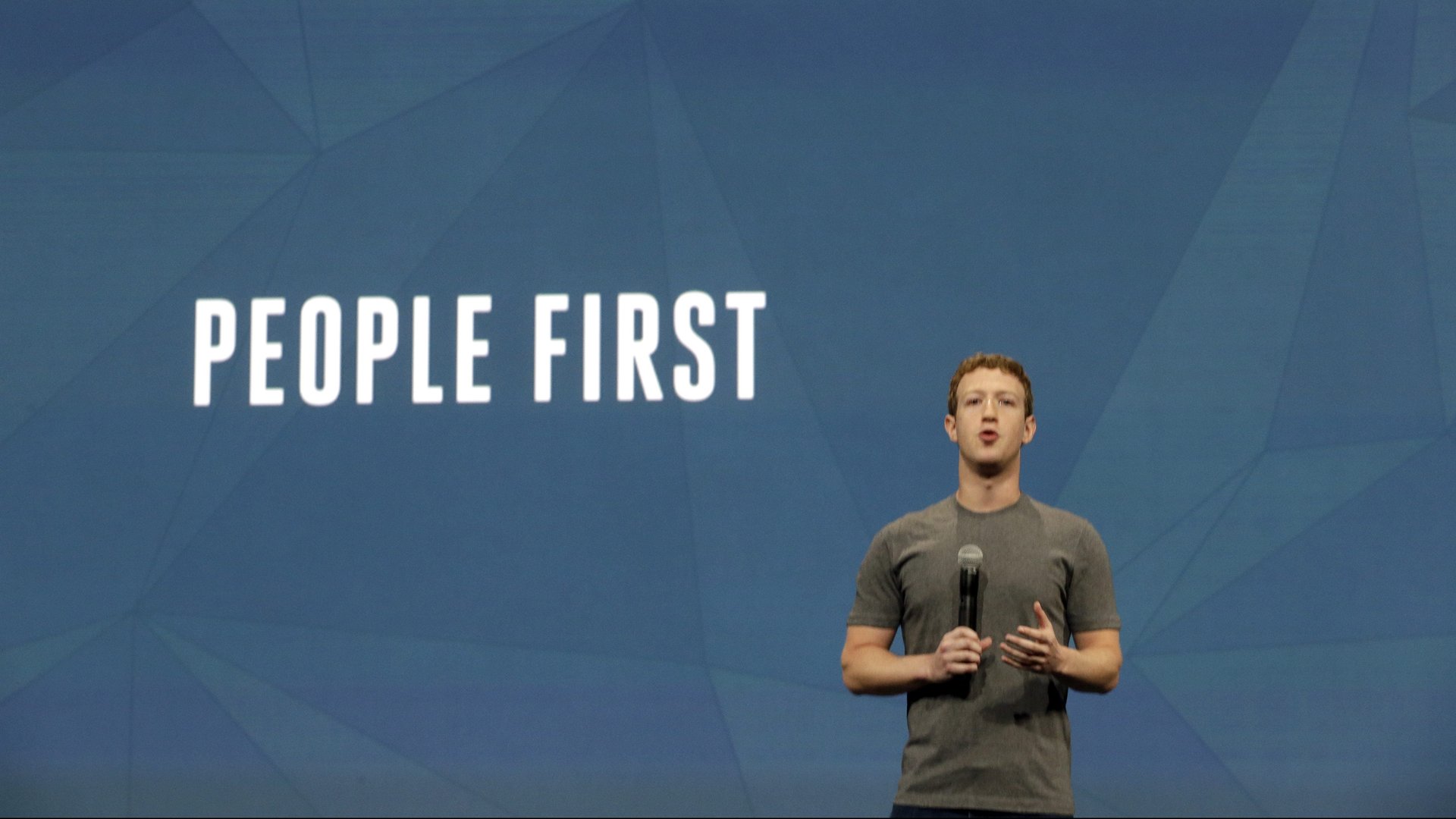Mark Zuckerberg doesn’t need to be US president; he can be president of the global world society
When Mark Zuckerberg promised to visit all 50 US states, decided religion is important, vowed to give away 99% of his Facebook shares to charity, handed over his Facebook profile to a team of professional spinmasters, and hired former political campaign managers who had helped win three of the last five US presidential elections, many speculated that the Facebook CEO had plans to run for public office.


When Mark Zuckerberg promised to visit all 50 US states, decided religion is important, vowed to give away 99% of his Facebook shares to charity, handed over his Facebook profile to a team of professional spinmasters, and hired former political campaign managers who had helped win three of the last five US presidential elections, many speculated that the Facebook CEO had plans to run for public office.
But Zuckerberg already holds a position of power and influence over a large constituency. Facebook has 1.79 billion monthly active users—one quarter of the world’s population and more people than live in the US and China combined. And on Feb. 16, in a nearly 6,000-word long press release, Zuckerberg gave something like a state of the union address to his people. He wrote:
Our greatest opportunities are now global—like spreading prosperity and freedom, promoting peace and understanding, lifting people out of poverty, and accelerating science. Our greatest challenges also need global responses—like ending terrorism, fighting climate change, and preventing pandemics. Progress now requires humanity coming together not just as cities or nations, but also as a global community. This is especially important right now. Facebook stands for bringing us closer together and building a global community.
The wide-ranging manifesto covers, among other things, Zuckerberg’s views on building a “supportive,” “safe,” “informed,” “civically-engaged,” and “inclusive” community. He argues that Facebook groups can compensate for the the decline of some local groups like churches and clubs; that the Facebook community is in a “unique position to help prevent harm, assist during a crisis” and has “built the world’s largest social infrastructure for collective action”; and that Facebook can encourage civic engagement beyond voting. He also addressed several points of controversy for Facebook, like abusive content, filter bubbles, and fake news.
To structure policies around these and other issues, Zuckerberg proposed something like a referendum:
The approach is to combine creating a large-scale democratic process to determine standards with AI to help enforce them.
The idea is to give everyone in the community options for how they would like to set the content policy for themselves. Where is your line on nudity? On violence? On graphic content? On profanity? What you decide will be your personal settings. We will periodically ask you these questions to increase participation and so you don’t need to dig around to find them. For those who don’t make a decision, the default will be whatever the majority of people in your region selected, like a referendum. Of course you will always be free to update your personal settings anytime.
“As the largest global community, Facebook can explore examples of how community governance might work at scale,” the manifesto notes.
Reinforcing a tone of political address, Zuckerberg closed his document—after detailing Facebook’s efforts on everything from natural disaster relief to free speech—by quoting president Abraham Lincoln: “The occasion is piled high with difficulty, and we must rise with the occasion. As our case is new, so we must think anew, act anew.”